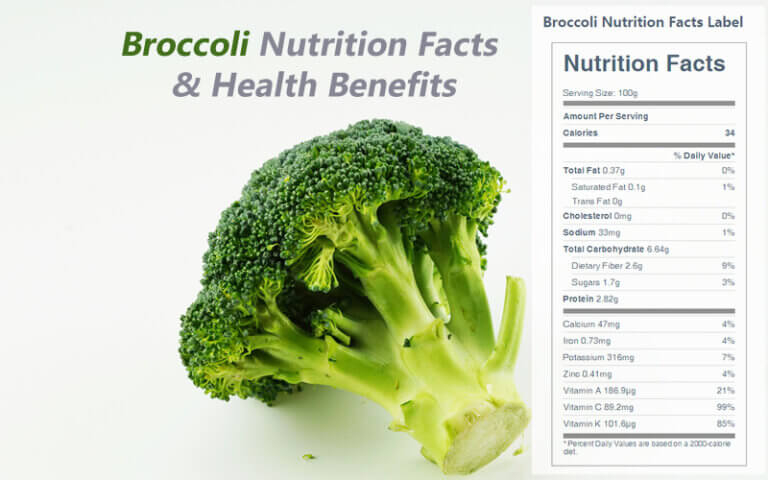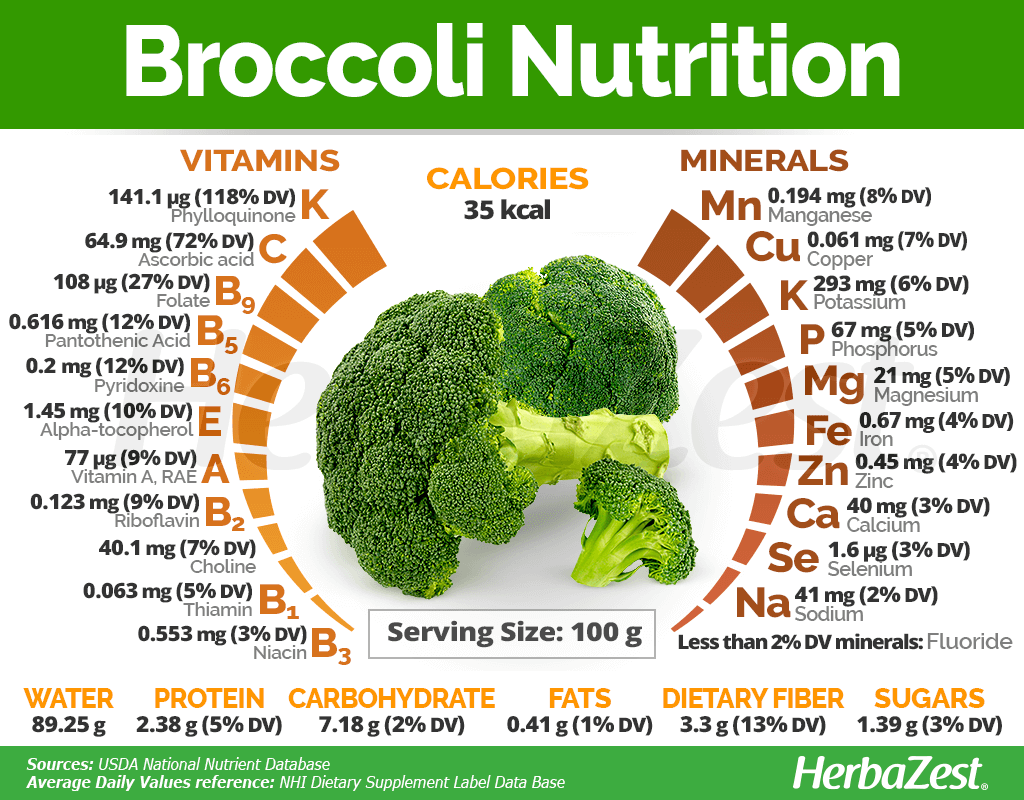Broccoli Nutrition Information – Explore the critical nutritional breakdown of Broccoli Nutrition Information. If you’re focused on healthy eating, knowing the nutritional value of Broccoli Nutrition Information is important.
Energy & Nutritional Composition
- Total Energy: Depends on serving size.
- Carbohydrates: Amount may vary.
- Roughage: Can contribute to digestion.
- Total Sugar: May include natural or refined sugars.
- Proteins: Amount varies by source.
- Lipid Profile: Includes different types of fats.
- Saturated Fats: Should be consumed in moderation.
- Unsaturated Fats: Good for heart health.
- Processed Fats: Try to avoid.
Vitamins & Minerals
- Vitamins: Varies depending on source essential for overall health.
- Minerals: Contains important minerals for the body.
What’s Inside?
Understanding the composition of Broccoli Nutrition Information helps to make healthier decisions.
- Core Ingredients: Check the packaging for details.
- Extra Ingredients: Be mindful of added chemicals.
- Potential Allergens: May contain nuts, dairy, gluten.
Advantages & Drawbacks
Why It’s Good for You
- Contributes to overall health.
- Enhances muscle recovery.
Possible Downsides
- High in sodium.
- Could be harmful for those with food allergies.
Optimal Consumption Methods
To make the most of Broccoli Nutrition Information, try these eating tips:
- Ideal for a breakfast option.
- Can be paired with nutrient-dense meals.
- Best consumed before workouts.
Other Options
Need a different option? Here are these alternatives:
- Better Choices: Explore whole foods.
- Versus Other Options: Compared to [Another Product], this has different benefits.
Final Thoughts
Final takeaway, Broccoli Nutrition Information can be a great choice if consumed in moderation. Choose thoughtfully for a better lifestyle.


